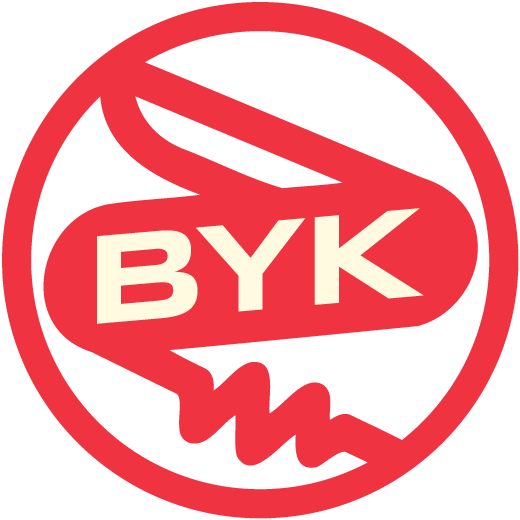The world of Search Engine Optimization (SEO) is filled with tools that cover a broad range of your SEO needs. You’ll find that many deal with finding the perfect longtail keywords. But they can help you grasp many other things about how your marketing strategy is going, and how your site is functioning in the eyes of search engines like Google. Check out our top five SEO tools to help you polish your plan for success.
Google PageSpeed Insights is the obvious choice. If you’re looking to rank on the world’s best search engine, using their tools would seem like a no-brainer. Use this incredible tool to ensure you’re meeting Google strict speed requirements by getting a detailed analysis of your landing pages. Everything from condensing images to CSS scripts to minifying your javascript can be found here. They’ll even package most of their suggested fixed for you to upload in a few clicks. Nifty!
Yoast SEO is the #1 WordPress SEO plugin. It has received over a million downloads. One of its best features is that it helps create XML sitemaps, which give search engines a url roadmap for indexation. Yoast also checks readability, gives control over categories and tags, and allows you to set canonical urls to avoid duplicate content.
SEMrush does many things very well, and takes the guessing game out of online marketing. It helps you research keywords and find the most profitable ones. It allows you to understand how your competitors are using keywords. It tracks your ranking on Google’s SERPs (search engine results pages). It also helps you find good advertising opportunities and performs backlink analysis, so you can implement a better link-building plan. Utilizing this tool covers your SEO strategy needs.
Ahref’s SEO Toolbar is well-known for its backlink analysis in the marketing world. It gives instant SEO metrics, and has a specific metric filter for your top-ranking pages. And not surprisingly, it will also show you metrics for keywords.
Screaming Frog SEO Spider is a website crawler and auditor. It gives you tree-graph site visualizations, generates XML sitemaps, finds broken links, analyzes metadata, and much more.




